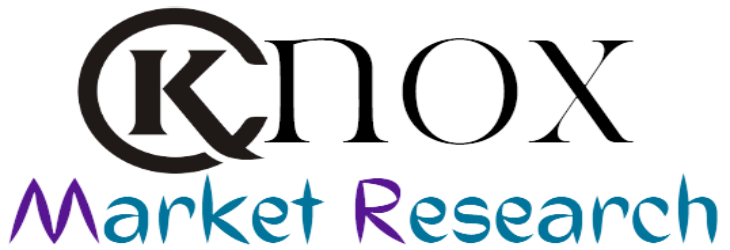The omega-3 supplement market has grown rapidly in recent years, with fish oil alternatives becoming increasingly popular. However, it is important to evaluate the regulatory landscape for these supplements to ensure their safety and efficacy.
In the United States, supplements are regulated by the Food and Drug Administration (FDA) under the Dietary Supplement Health and Education Act (DSHEA) of 1994. Under DSHEA, supplements are considered to be food rather than drugs, and are therefore subject to less stringent regulations than pharmaceuticals.
However, the FDA does require supplement manufacturers to adhere to good manufacturing practices (GMPs) to ensure the safety and quality of their products. GMPs include guidelines for manufacturing, packaging, labeling, and storage of supplements.
The FDA has also established a list of dietary ingredients that are generally recognized as safe (GRAS). Omega-3 supplements made from krill, algae, and flaxseed are all considered to be GRAS, which means that they are generally considered to be safe when used as directed.
However, the FDA does not evaluate the safety or efficacy of supplements before they are marketed. Instead, it is up to the supplement manufacturers to ensure that their products are safe and effective. This means that consumers must rely on the integrity of supplement manufacturers to provide high-quality products.
In addition, the Global Organization for EPA and DHA Omega-3s (GOED), a trade association that represents the omega-3 industry, has established a voluntary monograph for omega-3 supplements. The GOED monograph outlines quality standards and testing requirements for omega-3 supplements, including specifications for the purity, potency, and freshness of supplements.
Supplement manufacturers can choose to adhere to the GOED monograph as a way of ensuring that their products meet high-quality standards. However, adherence to the GOED monograph is voluntary and not required by law.
When evaluating omega-3 supplements, it is important to look for products that have been third-party tested for purity, potency, and freshness. Third-party testing can provide an independent verification of the quality of a supplement and can help consumers make informed decisions about which products to purchase.
Consumers should also be aware of the potential risks and side effects associated with omega-3 supplements. While omega-3 supplements are generally considered to be safe, they can interact with certain medications and may cause side effects such as stomach upset, diarrhea, and fishy aftertaste.
In conclusion, the regulatory landscape for omega-3 supplements in the fish oil alternatives market can be complex and confusing. While the FDA provides guidelines for good manufacturing practices and has established a list of GRAS ingredients, it does not evaluate the safety or efficacy of supplements before they are marketed.
Consumers must rely on the integrity of supplement manufacturers to provide high-quality products, and supplement manufacturers can choose to adhere to the GOED monograph as a way of ensuring that their products meet high-quality standards.
Overall, consumers should be informed and cautious when purchasing omega-3 supplements. Third-party testing, adherence to the GOED monograph, and awareness of potential risks and side effects can help consumers make informed decisions and ensure the safety and efficacy of their omega-3 supplement use.
Disclaimer: The views, suggestions, and opinions expressed here are the sole responsibility of the experts. No Knox Market Research journalist was involved in the writing and production of this article.
